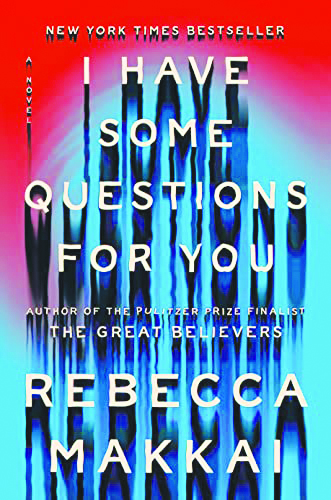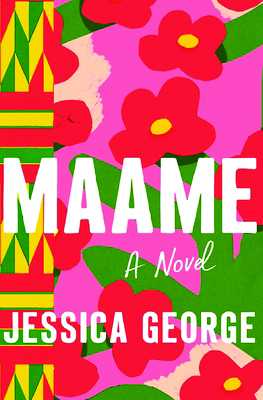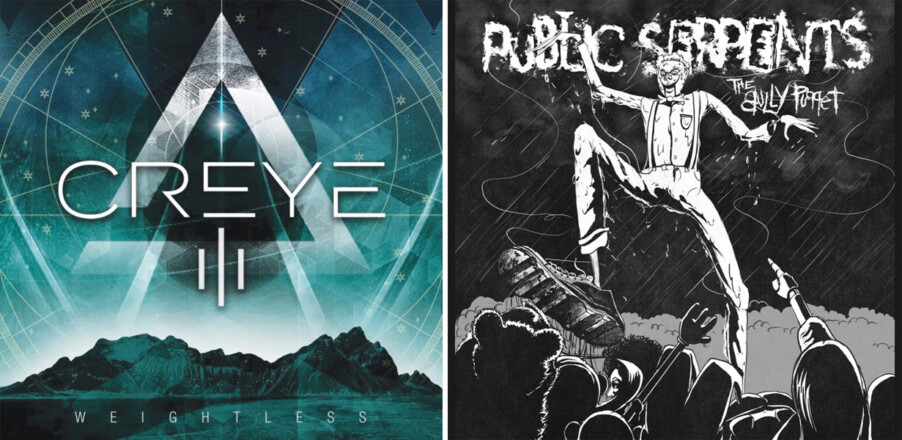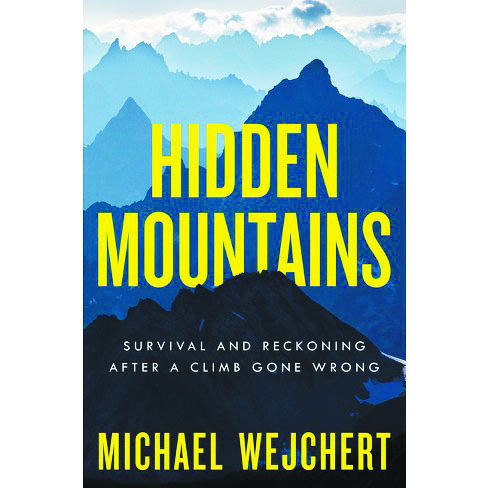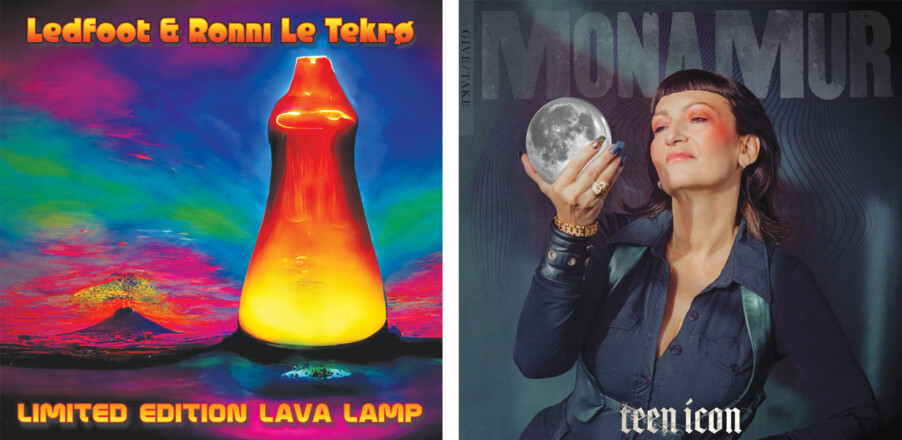I Have Some Questions for You, by Rebecca Makkai (Viking, 435 pages)
When the protagonist of Rebecca Makkai’s gripping new novel is a teen, she arrives at a boarding school in New Hampshire knowing little about the school or the region.
“I remembered wondering if New Hampshire kids had accents, not understanding how few of my classmates would be from New Hampshire,” she says. Bodie Kane was not headed to Phillips Exeter, but to the fictional Granby School, somewhere deep in the woods in the general vicinity of Manchester, Concord and Peterborough.
It’s now two decades later and Kane, a successful podcaster in Los Angeles, is headed back to her alma mater to teach a two-week “mini-mester” on podcasting and film. The trip is stirring up troubling memories about the death of her beautiful Granby roommate named Thalia Keith, whose body had been found in the school pool.
A Black athletic trainer had been arrested, tried and found guilty of the murder, but enough questions remained that the case had attracted national attention, even being featured on “Dateline.” And with the rising interest in true crime and an attendant rise in internet sleuthing, people were still talking about the case online and pointing out problems with the state’s case against the trainer, even picking through a grainy video of the musical that Thalia had performed in shortly before her death.
Despite their being roommates, Bodie had not been especially close to Thalia, who was one of the “in” crowd. Thalia had the sort of effortless beauty that attracted everyone to her: “She played tennis, and suddenly tennis practice had spectators.” And Thalia had arrived at Granby with an exquisite wardrobe that contained 30 sweaters, while Bodie, whose tuition was paid by kindly members of The Church of Jesus Christ of Latter-day Saints, wasn’t remotely prepared for cold weather.
But Bodie, whose “Starlet Fever” podcast probed into little-known stories of often troubled Hollywood stars, has a knack for investigation. And so when one of the students in her podcasting mini-course proposes doing her initial podcast on Thalia’s murder — with the premise that Omar Evans had falsely confessed and was innocent — Bodie agrees.
Meanwhile, she seems to have trouble brewing back at home, where the father of her children (to whom she is legally married, but only on paper) is asking nervously if she has read the news and is asking her to stay off Twitter.
It would be reductive to call I Have Some Questions For You a thriller or a whodunit, although it has many components of both. Bodie, the narrator, has her own dark past; both her father and her brother are dead (the father having died because of something her brother did). When her mother fell apart, she was taken in by the Latter-day Saint family who paid for her to escape Indiana by going to Granby. And she brings parts of her own troubled history to her obsession with cases of abused and murdered women across geography and time, even while acknowledging the moral questions about probing into their cases in true-crime shows and podcasts.
“I have opinions about their deaths, ones I’m not entitled to,” Bodie says. “I’m queasy, at the same time, about the way they’ve become public property, subject to the collective imagination. I’m queasy about the fact that the women whose deaths I dwell on are mostly beautiful and well-off. That most were young, as we prefer our sacrificial lambs. That I’m not alone in my fixations.”
Thalia Keith’s murder is, in a sense, a fictional scaffolding on which Makkai builds a serious discussion about abused and murdered women, and how we exploit and fail them. While it’s a page-turner in a practical sense — the reader is carried in the current of wanting to know what really happened to Thalia, and what the role was of the teacher that Bodie keeps addressing in the narrative -— there are frequent mentions of real women who had violent, premature deaths, and the men responsible.
If this sounds like a lot to put on the reader, well, it is; the novel feels mildly oppressive at times, with all it is trying to take on. Plus, we know there is not going to be a happy ending: Thalia is dead when the novel opens; she will be dead when it ends. Meanwhile, we are going to hear about a lot of other dead women, abused women and sexually harassed women. Amazingly, in all of this, New Hampshire comes off just fine except for the repeated insinuations that its winters are cold. Makkai is careful not to suggest that any real-life police departments would force a false confession or that any real-life attorney would have so horribly failed the wrongly convicted man.
“New Hampshire’s public defenders are apparently excellent, and know everyone in the legal system of what is, after all, a very small state. They know the culture, and they don’t overdress for court,” she writes in what seems a bit of overkill. (In her acknowledgements, Makkai also credits Portsmouth public defender Stephanie Hausman, “who course-corrected and fine-tuned the legal parts of the book.”)
As such, while it’s not a novel that New Hampshire’s chambers of commerce will want to use for marketing, it’s not a bad one for the Granite State. And every good book is made better when it’s set in familiar environs. Look for this one when the lists of the best books of 2023 emerge later this year. A

